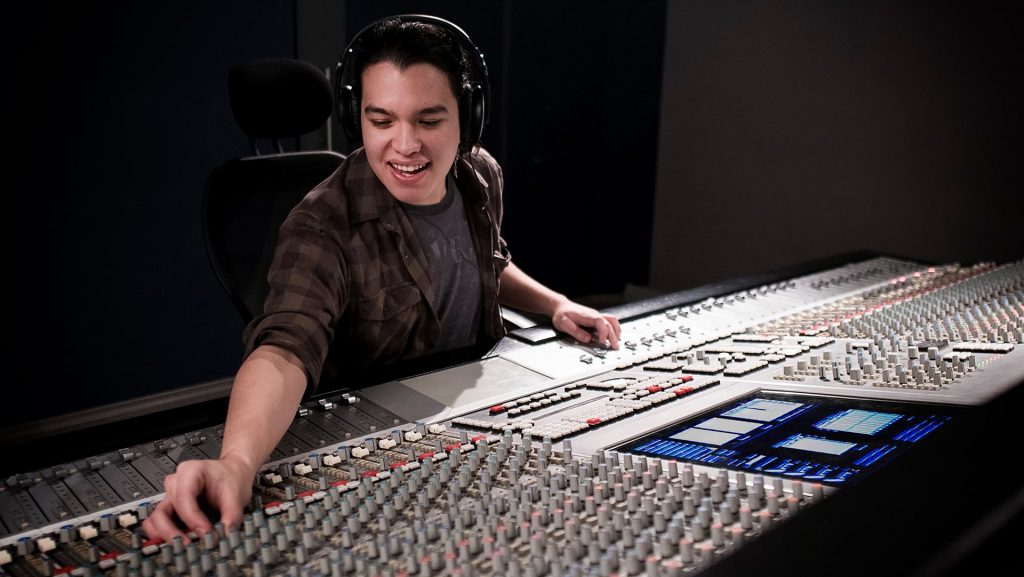Mixing and mastering are two critical stages in the production of a song. A good mix will ensure that all the instruments and vocals are audible, while a well-mastered recording will ensure consistent sound quality.
There are many things to consider when choosing a mixing and mastering engineer. First and foremost, you need to decide which type of mix you want: there’s a difference between a “master” mix, which is intended to be played on large speakers during live performances, and a “radio” mix, which is designed for easier listening on radios.
Second, you’ll need to consider the experience of your chosen engineer. Some engineers have more experience with specific types of recordings or genres than others, so it’s important to ask about their background.
Consider Your Budget:
Mixing and mastering can be expensive, so make sure to factor that into your decision. You don’t necessarily have to go with the most expensive option, but you should definitely consider what you’re willing to spend.
Get Feedback from Friends and Family:
Ask around to see who’s worked with professionals in this field before and get their opinion on who would be a good fit for your project. Sometimes people know better than we do!
Consider Your Music’s Unique Sound:
A Mixing and Mastering Engineer job is to make your music sound its best. This means they will have to understand your music’s unique sound in order to create a balanced mix that will capture that sound.
Services Offered
Mixing and Mastering Engineer services are offered to musicians, producers, and sound engineers who need help with their audio recordings. These services can include audio editing, mixing, and mastering. Mixing and mastering can help improve the sound quality of a recording, making it easier for listeners to hear and understand the music.
A mixing engineer is responsible for the final sound of a recording, often working with a producer or music director to create a polished product. A mastering engineer is responsible for the quality of the final product, ensuring that all sound frequencies are consistent and correct. Services offered by mixing and mastering engineers can include:
-Recording;
-Mixing;
-Mastering;
-Sound engineering.
In conclusion, here are five key points to keep in mind when choosing a mixing and mastering engineer:
- Ask around and get recommendations from trusted sources;
- Check the engineer’s portfolio to see if their work sounds representative of their skills;
- Make sure the engineer has experience with the type of project you’re working on;
- Be prepared to pay for quality work; and
- Be sure to discuss the timeline, budget, and expectations thoroughly with your chosen engineer!










